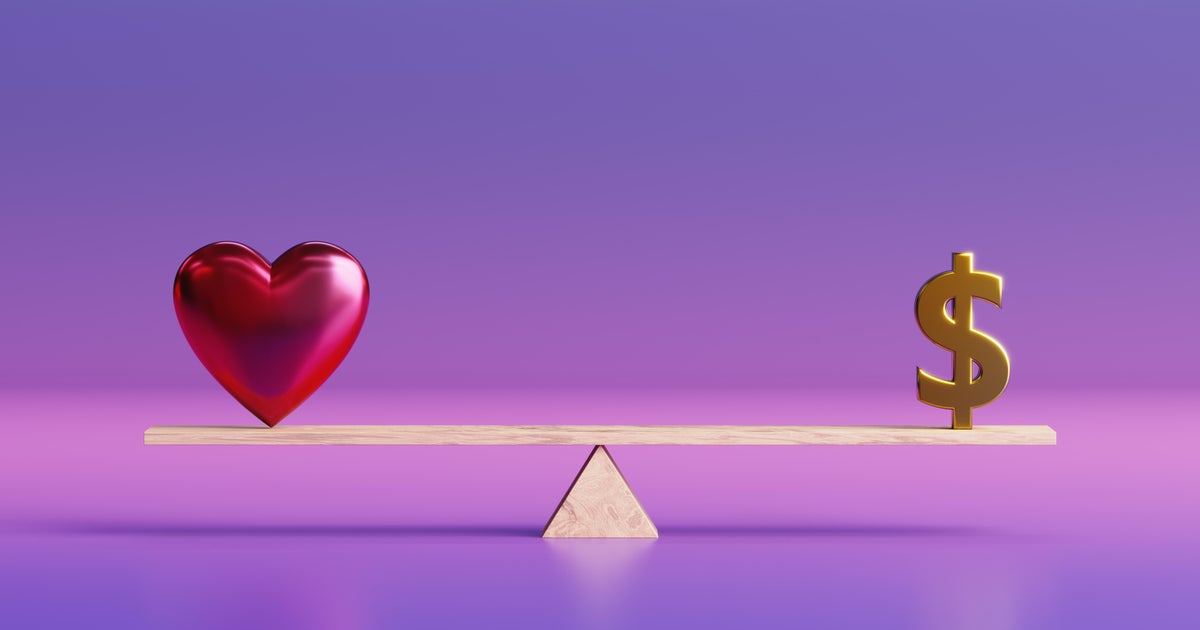Consumer prices rising at fastest pace since 2008
American consumers faced a third straight monthly surge in prices in June, the latest evidence that a rapid reopening of the economy is fueling pent-up spending for goods and services that in many cases remain in short supply.
Tuesday's report from the Labor Department showed that consumer prices in June rose 0.9% from May and 5.4% over the past year — the sharpest 12-month inflation spike since June 2008. Excluding volatile oil and gas prices, so-called core inflation rose 4.5% in the past year, the largest increase since November 1991.
The pickup in inflation, which largely stems from the economy's rapid recovery from the pandemic recession, has heightened concerns that the Federal Reserve might feel compelled to begin withdrawing its low-interest rate policies earlier than expected.
"Price increases stemming from the reopening of the economy and ongoing supply chain bottlenecks will keep the rate of inflation elevated and sticky as supply/demand imbalances are only gradually resolved," Kathy Bostjancic, chief U.S. financial economist with Oxford Economics, told investors in a report.
If so, that would risk weakening the economy and potentially derailing the recovery. Fed officials have repeatedly said, though, that they regard the surge in inflation as a temporary response to supply shortages and other short-term disruptions as the economy quickly bounces back.
The economy's reopening has led consumers to increasingly travel, dine out and shop after avoiding crowds for a year. That burst of spending has forced up prices for restaurant meals, clothes and airplane tickets.
A shortage of semiconductors has made new and used cars much more expensive. The Labor Department index used to gauge used car and truck prices soared 10.5% in June — the biggest ever monthly increase for these vehicles. dating back to 1953. Rental car prices also have soared.
So far, investors have largely accepted the Fed's belief that higher inflation will be short-lived, with bond yields signaling that inflation concerns on Wall Street are fading. Bond investors now expect inflation to average 2.4% over the next five years, down from 2.7% in mid-May.
"The headline [Consumer Price Index] numbers have shock value, for sure. However, once you realize that a third of the increase is used car prices, the transitory picture becomes more clear. Inflation is rising, but things are well behaved and have not changed materially," Jamie Cox, managing partner for Harris Financial Group, said in an email.
Americans' longer-term views on inflation have also leveled off. A survey by the Federal Reserve Bank of New York, released Monday, found that consumers expect inflation to remain near 5% a year from now. But they expect inflation to be 3.5% three years from now, down slightly from last month. Consumers typically overestimate future inflation.
The public's expectations of inflation are important, because they can be self-fulfilling. If consumers foresee higher prices, they are likely to demand higher pay, and businesses will try to charge more to offset their higher costs.
The Fed is aiming for inflation to exceed its target of 2% for some time to make up for the fact that inflation fell below that level for most of the past decade. The Fed wants inflation to average 2% over time to prevent Americans' inflation expectations from falling too low.



